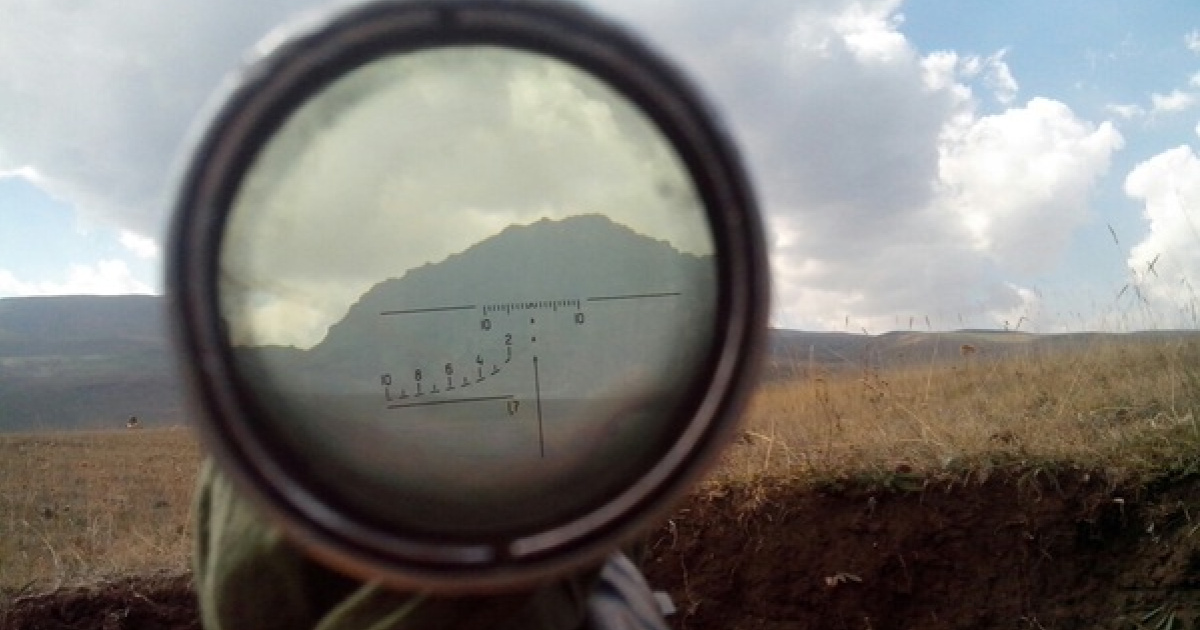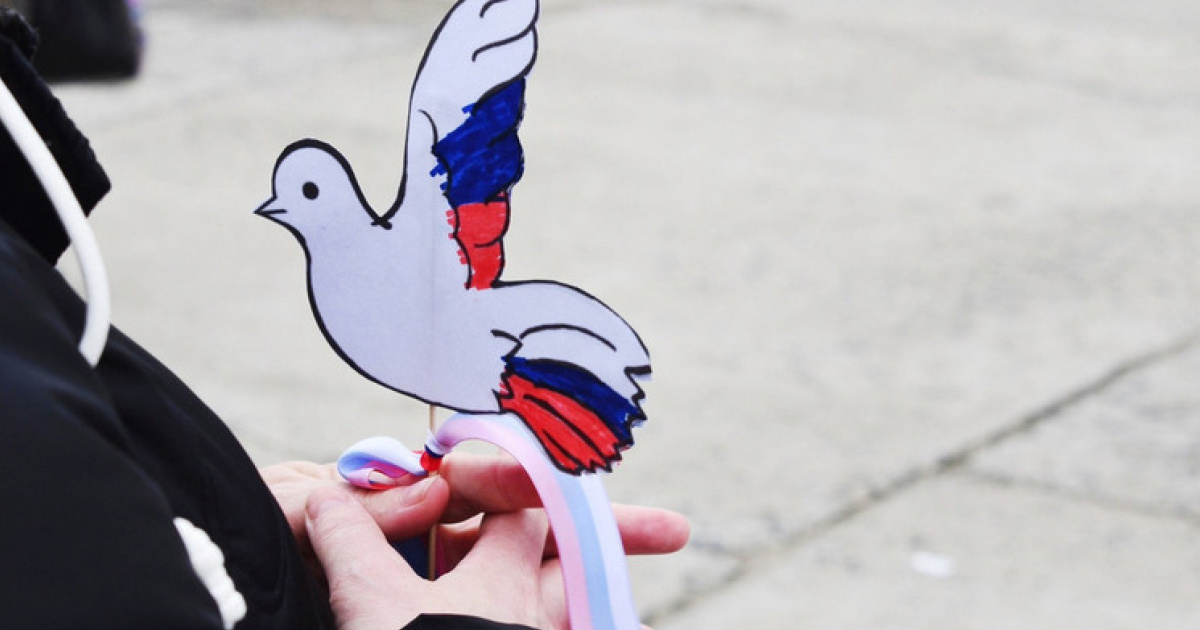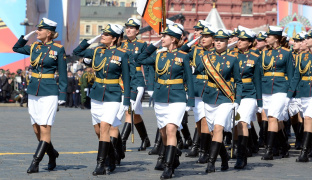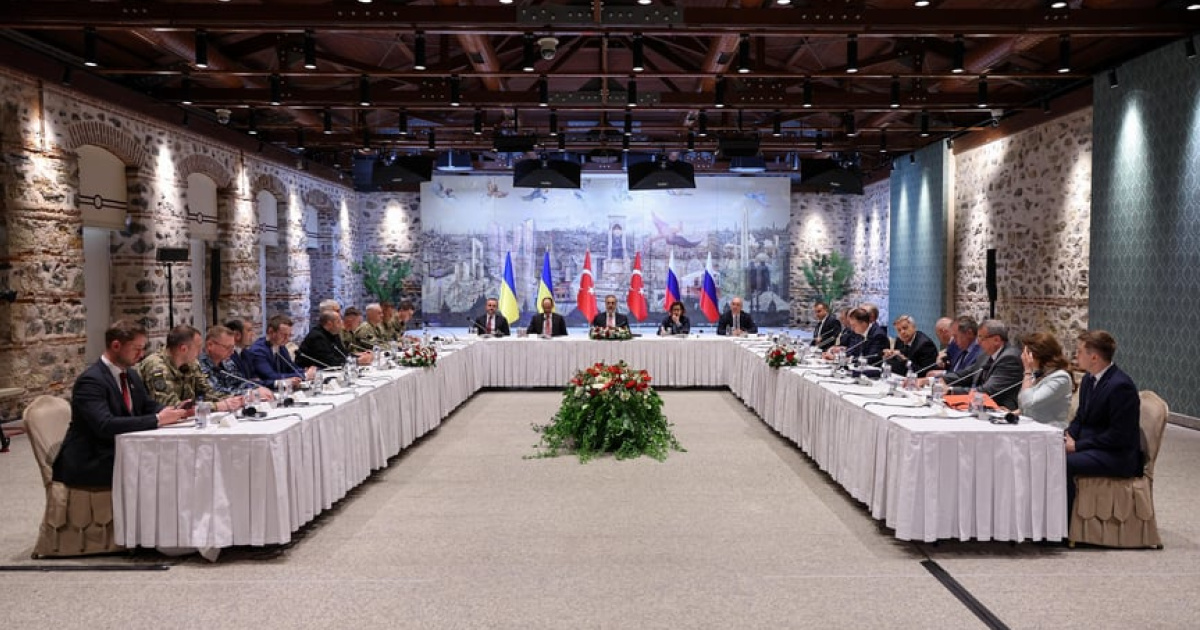Head of the border management of the Rostov oblast (Russia) has asked to send the Rospotrebnadzor employees to the borders with the occupied Donbas, since people arriving from the "DNR/LNR" are not checked for COVID-19. Russian media write about it.
"About two thousand residents of the Luhansk and Donetsk "people's republics" cross the state border on the territory of the Rostov oblast every day. However, there are no Rospotrebnadzor employees on duty at the checkpoints, - head of the border department of the Russian FSB in the Rostov oblast Sergey Kudriashov stated at a meeting of the regional headquarters to combat the spread of coronavirus.
"We have eight border crossing points in the region. 84 550 people crossed the border in September-October. There are no representatives of Rospotrebnadzor there. The situation with COVID-19 in the Luhansk and Donetsk oblasts (the occupied territory of Donbss - OstroV) and in Ukraine is severe. This is one of the channels through which patients with coronavirus can come to us and spread it", - Kudriashov said.
It is impossible to close the checkpoints, he said, as this would complicate the operational situation. "I ask you to make a decision on sending the Rospotrebnadzor employees there on a permanent basis", - Kudriashov addressed governor of the Rostov oblast Vasily Golubev.
As explained in the Russian Federation, these points have no phytosanitary, sanitary-epidemic or customs control today "due to the specifics of interstate agreements".
Nevertheless, governor of the Rostov oblast Vasily Golubev assured that he would raise this issue at the level of the leadership of Rospotrebnadzor of the Russian Federation in the near future.
Social networks have already reacted to this information. "It is hard to say what all this will lead to. It is clear: everything that is connected with trips to obtain a Russian passport is "untouchable", but the rest… theoretically, not only border guards, but also Rospotrebnadzor may soon turn you back at the border because of "sanitary reasons", - users write in the separatist segment of social networks.




